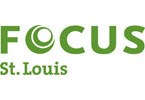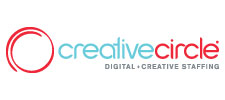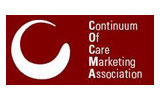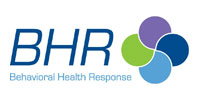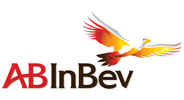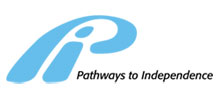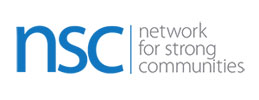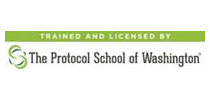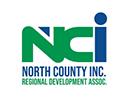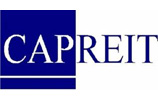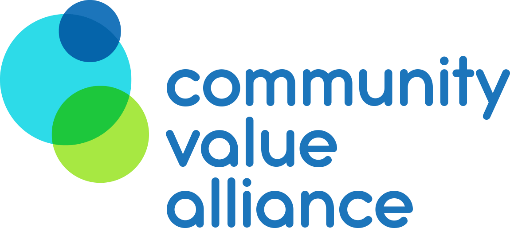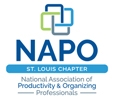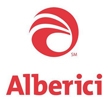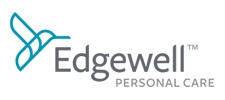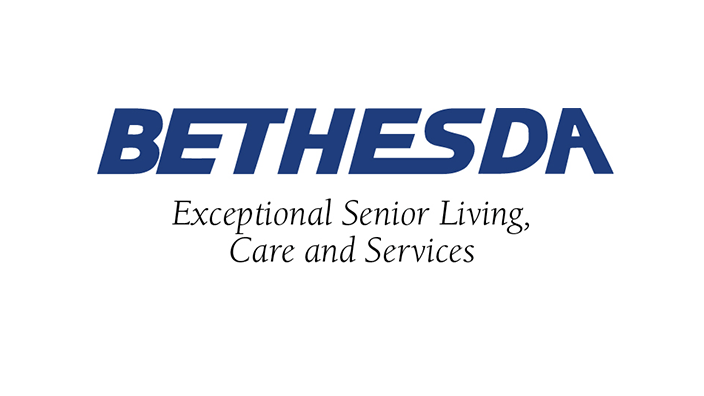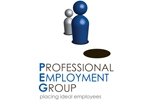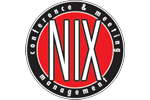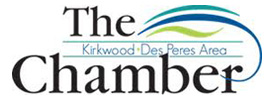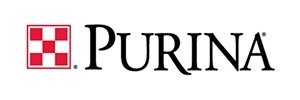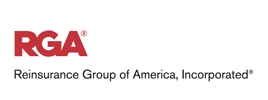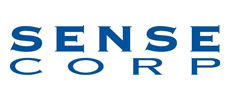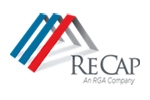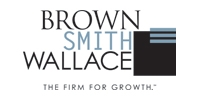
published in ASAP
It’s incredible to think we spend more time at work with our co-workers each day than we do with our family members. A happy work environment is critical for our emotional and physical well-being just as it is for the productivity for any business. We should wake up each morning wanting to go to work, looking forward to our work day rather than coming up with excuses to “call in sick.” We must enjoy what do, because our happiness plays a significant role in how we relate to others at work.
“Pleasure in the job, puts perfection in the work”
– Aristotle
No matter where you rank in an organization, everyone has a responsibility to create and maintain a positive work environment. In a workplace, the actions of everyone affect the entire company. Though, as hard as we try, there inevitably will be some employees who act disgruntled and are more difficult to get along with than others. That’s human nature. By focusing on being a high-quality team member, working collaboratively, and showing respect you’ll be doing your part in creating a happy work environment.
Developing Effective Workplace Relationships
Listen and Share Information: Contribute your ideas and solutions with your team and be transparent by keeping others informed of the latest project updates.
Recognize and Respect Differences in Others: Welcome diversity! Recognizing the ideas and contributions from a variety of backgrounds generate broader ideas, cohesiveness and high performance, which lead to a happy workplace.
Ask Questions: Unless you understand what’s going on you can’t contribute effectively. It’s likely if you don’t understand something, there are probably other team members who don’t either.
Utilize Constructive Feedback: Always give and receive suggestions for improvement in a positive, respectful and kind way.
Do Your Work: You’re responsible for your tasks just as other team members are responsible for theirs. Your team is counting on you to do your fair share of the work.
Have Fun: Work is more enjoyable when you can you laugh and share good humor with others. As leadership guru Andrew Carnegie said, “There is little success where there is little laughter.”
Working Cooperatively
Cooperativity can increase energy, creativity and efficiency by allowing everyone to use their complete range of skills and knowledge in their everyday work. Cooperative work gives everyone a sense of shared purpose and results in higher levels of morale, job satisfaction, trust, performance and retention. Plain and simple, working cooperatively creates a happy workplace.
Working cooperatively also shows respect for your co-workers in working toward a common goal. Cooperativity examples include:
- Listening actively to what others say and responding appropriately.
- Exhibiting an awareness of others’ feelings, beliefs and opinions.
- Encouraging others to contribute and respond to the contributions from others.
- Keeping disagreements to a minimum.
- Preventing problems before they occur.
- Adapting your communications to suit different situations.
How Can I Do My Part?
Here are a few ideas of what you can do to help create and maintain a happy environment.
- Be kind, positive and approachable, and strive to build a level of mutual trust and respect with your co-workers.
- Be on time, ready and willing to work.
- Be organized (including your personal work space) and use your time wisely.
- Regularly seek constructive feedback from supervisors and co-workers to learn how to perform even better at your job.
- Be a team player by actively communicating, fulfilling work requirements, supporting and giving credit to co-workers.
- Promote diversity. Be open to learning about co-workers and listening to their point of view, especially those with different experiences and backgrounds.
- Seek to improve your skills through ongoing professional development.
About the Author: Nancy Schnoebelen Imbs is an empowering professional development consultant, dynamic motivational speaker and author. Highly dedicated and results-oriented, she has the skill and passion for helping individuals become more confident and successful in business and beyond. She and her company Polished help clients focus on key adjustments that result in meaningful impact and effectiveness.





